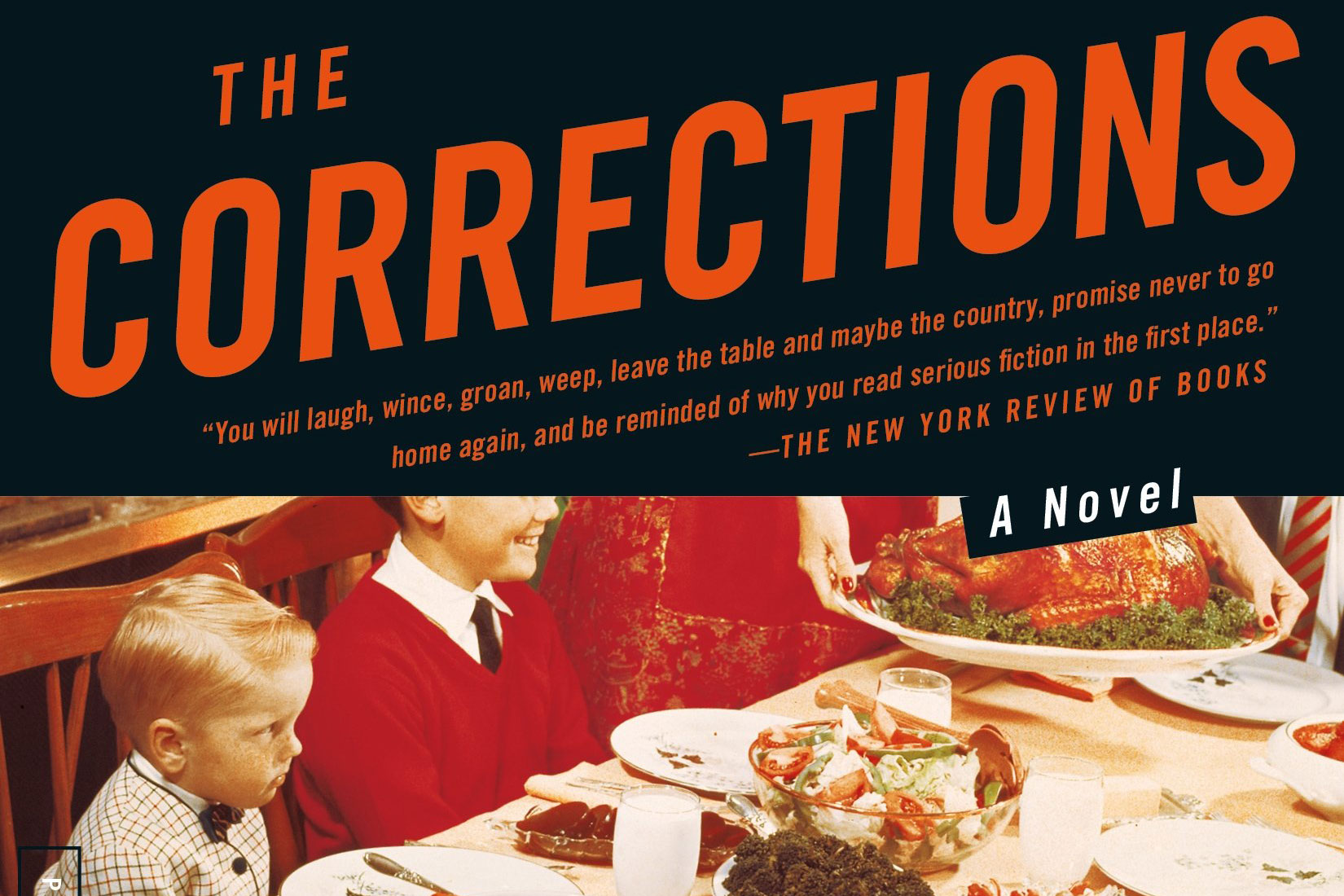“After the Quake” by Haruki Murakami
After the Quake: Stories
By Haruki Murakami
2002
192 pages / 4 hours and 20 minutes
Fiction
—
In 1959 Chinua Achebe wrote Things Fall Apart, and many in the U.S. were introduced to the African novel. Has it really been more than 50 years? The book has now become a staple in high school modern novel courses. By the way, if you haven't read it, I give you permission to go read it now and then come back to this review. One of the wonderful things about 21st century literature is that we now can now access (in translation) more of the wonderful literature of other countries and also the riches of immigrant literature exploring culture clashes and, even more deeply, the human spirit.
One Japanese writer who has been translated into more than 50 languages and is now an international literary superstar is Haruki Murakami. He has won virtually every prize there is to win except the Nobel (and rumors swirl on that one). He has actually written so much that several of his works are pretty mediocre. But when he is good he is very very good. I have enormous respect for Kafka on the Shore (2005) and the enormous IQ84 (2011).
With writers like Murakami, I am always looking for the best launch point for a new reader. And so I want to suggest the tiny short story collection After the Quake. It is most assuredly not Murakami's greatest work, but I'm quite confident that if you read this one you will want to read more.
The straightforward impetus for the stories is the Kobe earthquake of 1995. Four thousand were killed, and more than a quarter million were left homeless. It lasted all of 20 seconds.
All six of Murakami’s stories are set in February 1995, a month after the earthquake. The feel of the book is somewhat melancholy – understandable, given the setting. And all of Murakami’s characters are wrestling with internal unease. It is not just the ground that is shifting under their feet; the interior is none too secure either.
The stories are wildly different from one another, and I think my favorite is “Super-Frog Saves Tokyo.” The story has a Kafkaesque start, with a six-foot frog showing up in the home of a bank officer. The frog requests his help in battling a giant worm who lives beneath the city and is going to cause an earthquake. I know you must be thinking, “You have got to be kidding me!” But of course the story is not about a frog (does the frog really exist?), but a human being overwhelmed by the forces of the world he cannot control.
I know no Japanese, so in this case I am totally at the mercy of translator Jay Ruben, and all I can say is that the book reads very well. It is 181 very small pages and can easily be read in an afternoon. If you have been in the habit of only reading fiction by white, English-speaking authors from the U.S., let me suggest this is a great starting place to explore the wider world of literature. You may very well find yourself going in search of a Murakami novel or another of the excellent novels in translation coming to us from all over the world.








